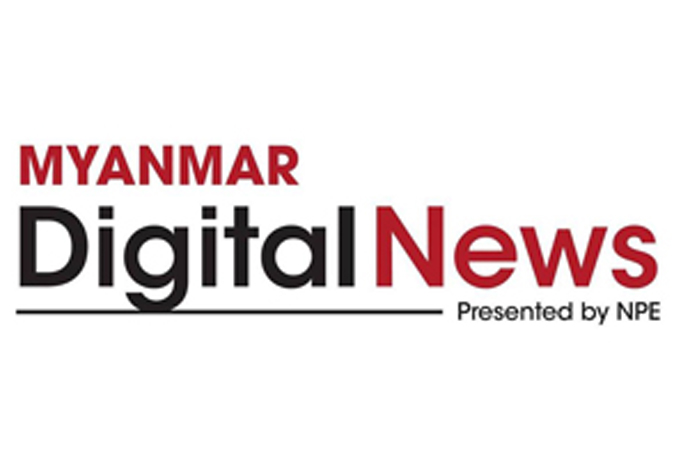The Department of Food and Drug Administration is urging the public to steer clear of unregistered drugs flooding the domestic market, emphasizing their low quality, uncertain potency, and potential for adverse side effects. In an official press release, authorities underscored the rampant distribution and sale of these dubious pharmaceuticals.
To aid consumers in distinguishing between legal and illegal drugs, the department has provided guidance on identifying five unregistered substances. Individuals can scrutinize packaging for discrepancies, including mismatched barcodes and packaging forms that deviate from the prescribed instructions. Notably, unregistered drugs lack essential information in the Myanmar language, such as the medical company’s title and Myanmar registration number — indispensable markers for authentic pharmaceuticals.
A predominant cause of this predicament lies in the illicit importation of medicines, where some entities resort to illegal channels. Consequently, unverified and potentially harmful medications infiltrate the domestic market, posing serious threats to consumer health. Regulatory bodies routinely issue warnings to the public about the prevalence of dangerous illegal drugs, substandard medicines, and fraudulent pharmaceuticals in circulation.
Globally, the trade in counterfeit medicines has burgeoned into a lucrative enterprise. Unscrupulous individuals exploit the exorbitant prices charged by reputable pharmaceutical companies, leading to an estimated annual market value of fake drugs reaching a staggering US$83 billion, according to the World Health Organization (WHO). Alarmingly, one in ten medical products dispatched to developing nations may be either substandard or counterfeit.
The WHO, monitoring fake drugs since 2013, has identified approximately 1,500 hazardous substances, notably malaria and antibiotic drugs. The consumption of such counterfeits can result in drug resistance, genetic mutations in viruses, and adverse health effects. Consequently, the WHO asserts that this issue is a global concern, transcending geographical boundaries.
The repercussions of counterfeit drugs extend beyond immediate health concerns and can have far-reaching effects on future generations. While legitimate drug companies can address issues and complaints related to registered drugs, the risks associated with unregistered and fake pharmaceuticals disproportionately affect consumers.
In response to the public’s preference for genuine and high-quality drugs, authorities must conduct surprise inspections of medical stores and pharmacies. Simultaneously, the establishment of state-owned pharmaceutical factories is essential to ensure the production of potent and quality drugs, safeguarding the well-being of the populace. As such, authorities need to raise awareness among people to know the disadvantages of counterfeit drugs to be able to stay away from improper side effects and take severe action against producers of those low-quality drugs.


